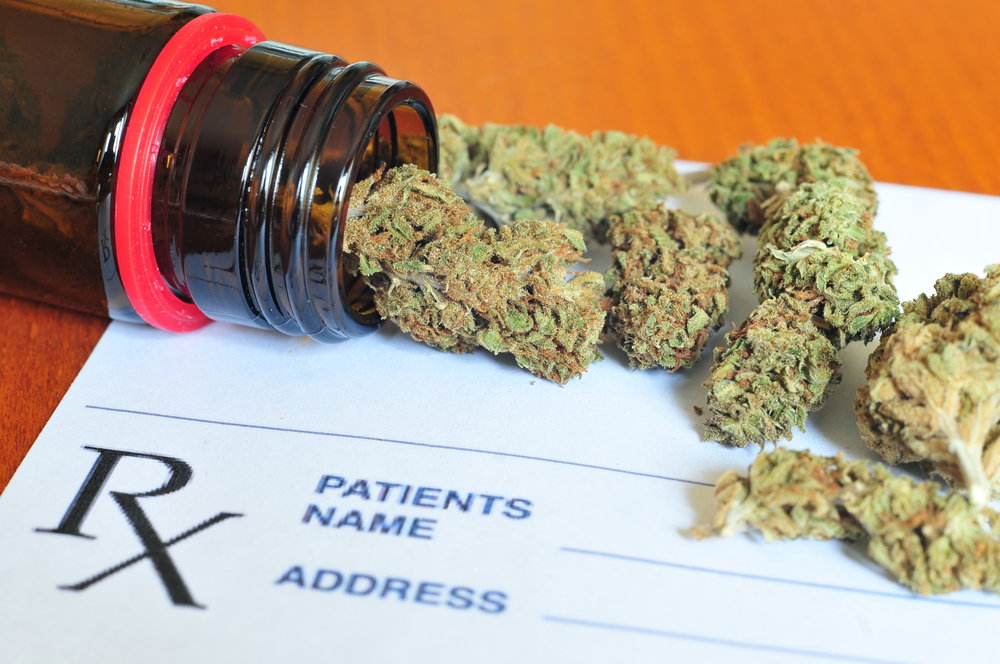
Medical cannabis is an interesting medicine, to say the least. It is not dispensed through a formal prescription. Doctors in most cannabis-friendly states are not required to furnish hard-and-fast dosage instructions. Essentially, patients are allowed to self-medicate. But should they? Furthermore, should THC levels in medical cannabis be capped?
This is a question that West Virginia lawmakers are grappling with right now. Apparently, the state’s Medical Cannabis Advisory Board recently heard a proposal to cap THC levels at 10%. As you can imagine, there are strong opinions on both sides.
Proponents claim that there is little to no medical benefit from consuming cannabis products with THC levels in excess of 10%. Critics of the proposal say that there is no science to back up such claims. They cite anecdotal evidence among patients who say they need higher doses to get the desired relief that medical cannabis offers.
Insufficient Science on Both Sides
West Virginia’s Medical Cannabis Advisory Board has a tough decision to make. The same goes for any state agencies entertaining possible THC caps. The reality is that the science on both sides of the debate is insufficient. No one can really say for sure how effective medical cannabis is at higher doses. Nor can they say whether higher doses are more dangerous.
We are in this predicament because federal regulations have prohibited research for the better part of 50 years. But as government fetters fall off, more research studies are being undertaken. It is only a matter of time before we have reliable data we can trust. In the meantime, what are states supposed to do about dosage?
Treat It Like a Medicine
One of the arguments in defense of THC caps is the contention that medical cannabis should be treated like any other medicine. Patients receiving a prescription for opioid painkillers are not encouraged to self-medicate. Their prescriptions are designed to tightly control dosage and frequency.
Putting a limit on THC levels would ostensibly make it easier for doctors and pharmacists to establish dosage guidelines. Likewise, it is a safe bet that manufacturers of medical cannabis products would max out the 10% limit. This could allow pharmacists to give better advice because they would know how much THC a product contains.
Very Few Controls Right Now
Unfortunately, there are very few controls built into the medical cannabis environment as things currently stand. That could change dramatically if Washington decides to decriminalize marijuana. But in the absence of federal decriminalization, states have very few options.
In Utah, they run a strict medical-only program designed to control medical cannabis as tightly as possible. But there is only so much the state can do. A Utah patient can walk into the Pure Utah pharmacy in Payson and buy plenty of products – up to the state limit. Then he can go home and use that product as he sees fit. Why? Because he is self-medicating with the state’s permission.
Opponents of THC caps maintain that the current arrangement works. They insist that self-medicating is the way to go because individual responses to cannabis vary so widely. That may be true, but not for the reasons advocates claim.
The Lack of Consistency
The variety in cannabis reactions is likely the result of a lack of uniformity and consistency. If different medical cannabis products offer different levels of THC and other active ingredients, of course they will produce different reactions.
Capping the amount of THC in medical cannabis products would at least address one portion of the consistency problem. That could be a starting point for figuring out proper dosages for different medical conditions.

